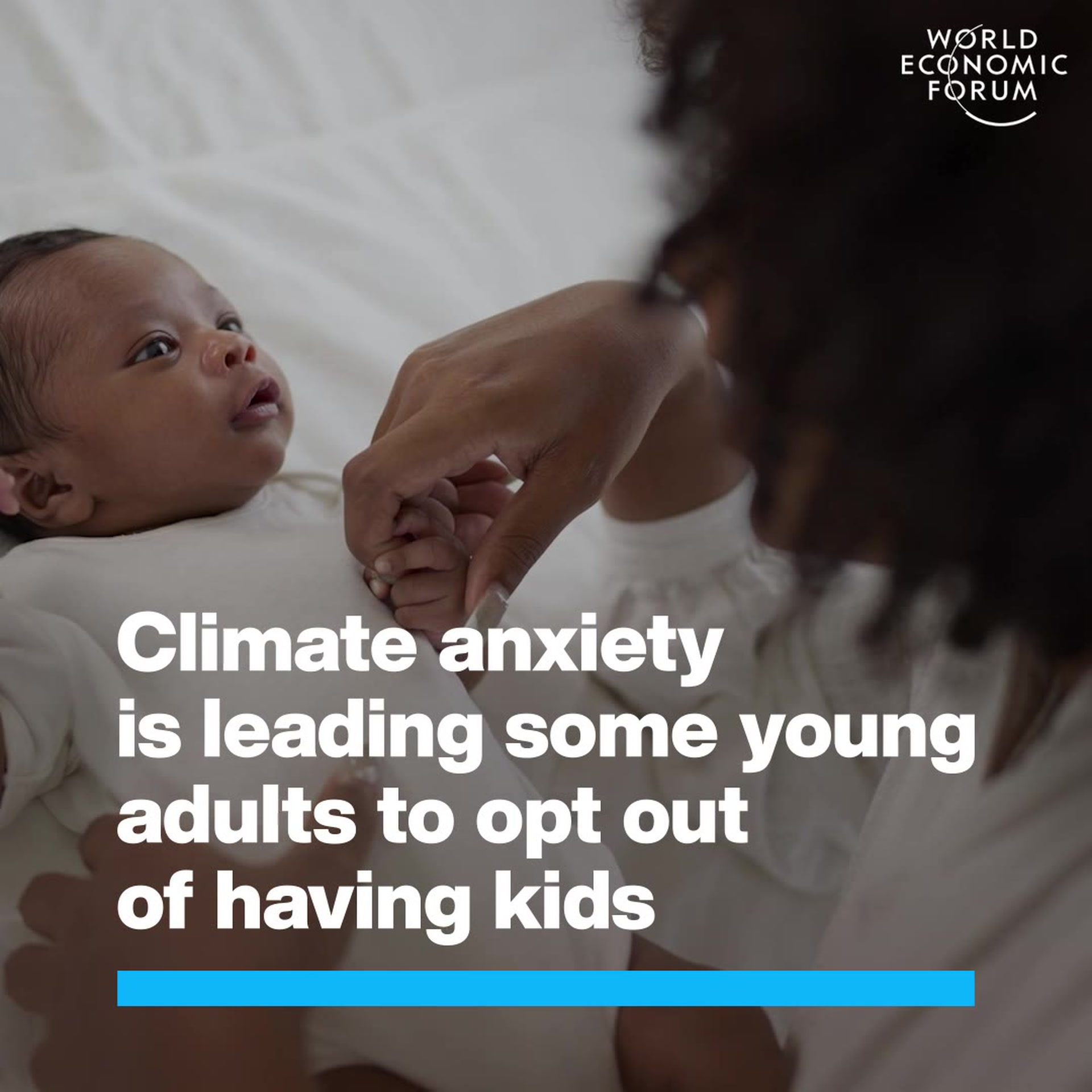How pride actually benefits the greater good

Those around you also benefit from your pride. Image: REUTERS/David McNew

Get involved with our crowdsourced digital platform to deliver impact at scale
Stay up to date:
Behavioural Sciences
Human nature evolved to have pride, researchers argue, because it served an important function for our foraging ancestors who lived in small, highly interdependent bands and faced frequent life-threatening reversals. Foraging humans needed their fellow band members to value them enough during bad times to pull them through.
Therefore, in making choices, humans had to weigh their own individual self-interest against winning the approval of others, so that when they needed help others would value them enough to give it.
The researchers’ findings that pride is one evolved solution to this problem appear in the Proceedings of the National Academy of Sciences.
Why we feel pride
“People evolved to have a selfish streak, but they also needed a contrary pull toward acts that would make others value them in a world without soup kitchens, police, hospitals, or insurance,” says lead author Daniel Sznycer, an assistant professor of psychology at the University of Montreal. “The feeling of pride is an internal reward that draws us towards such acts.”
“For this to work well, people can’t just stumble about, discovering after the fact what brings approval,” says coauthor Leda Cosmides, a professor of psychology at the University of California, Santa Barbara, and co-director of the university’s Center for Evolutionary Psychology. “That’s too late. In making choices among alternatives, our motivational system needs to implicitly estimate in advance the amount of approval each alternative act would trigger in the minds of others.”
A person who did only what others wanted would be selected against, the authors point out, but a person who was purely selfish would be shunned rapidly—another dead end.
“This leads to a precise quantitative prediction,” says coauthor John Tooby, a professor of anthropology and co-director of the Center for Evolutionary Psychology. “Lots of research has shown that humans can anticipate personal rewards and costs accurately, like lost time or food. Here we predicted that the specific intensity of the pride a person would anticipate feeling for taking an action would track how much others in their local world would actually value that specific act.
“The theory we’re evaluating is that the intensity of pride you feel when you consider whether to take a potential action is not just a feeling and a motivator; it is also carries useful information to seduce you to make choices that balance both the personal costs and benefits and the social costs and benefits,” Tooby says.
Pride is universal
As a neural system, pride inclines you to factor in others’ regard alongside private benefits so the act associated with the highest total payoff is selected, the authors argue.
“One implication of this theory is that those around you benefit, too, as a side effect of your pursuing actions they value,” says Sznycer. “Thus, pride is more a win-win than it is a sin.”
A key part of the argument is that this neurally based motivational system is a part of our species’ biology.
“If that is true, we should be able to find this same pride-valuation relationship in diverse cultures and ecologies all around the world, including in face-to-face societies whose small scale echoes the more intimate social worlds in which we think pride evolved,” Sznycer notes.
To test this hypothesis, the team collected data from 10 traditional small-scale societies in Central and South America, Africa, and Asia. The people in these societies speak very different languages (e.g., Mayangna, Tuvanian, Igbo), have diverse religions (e.g., Sunni Islam and shamanism), and make a living in different ways (hunting, small-scale agriculture, nomadic pastoralism).
Feelings of pride really move in lockstep with the values held by those around you...
”If pride is part of universal, evolved human nature, then the research should find that pride closely tracks the values of others, for each specific act, in each community; but they should find wide variation in this relationship if pride is more akin to a cultural invention, present in some places but not others.
“We observed an extraordinarily close match between the community’s degree of positive regard for people who display each of these acts or traits and the intensities of pride individuals anticipate feeling if they took those acts or displayed those traits,” Sznycer says.
“Feelings of pride really move in lockstep with the values held by those around you, as the theory predicts.” Further studies, he adds, have demonstrated that it is specifically pride—as opposed to other positive emotions—that tracks others’ values.
Of interesting note, the researchers say, pride tracked not only the values of fellow community members but also the values of participants in the other cultures—although the latter relationship was more variable. For example, the pride expressed by the Mayangna forager-horticulturalists of the Bosawás Reserve in Nicaragua tracked not only the values expressed by fellow Mayangnas, but also the values of pastoralists from Tuva in Russia, Amazigh farmers from Drâa-Tafilalet in Morocco, and farmers from Enugu in Nigeria. This additional finding suggests that at least some of the social values people hold around the world are universal.
The greater good vs self-interest
“Humans are a uniquely cooperative species, so pride leads people to do many valuable things for each other, ” Cosmides says. However, the authors continue, pride in the form of dominance evolved when there was less cooperation, and it was advantageous for an animal to deter rivals from scarce resources by displaying the degree of cost it could inflict.
“Humans inherited this system too, and, as many have shown, they are proud not only of the good they can do, but also of their aggressive abilities,” Sznycer explains. “Our data supports this, too.”
Pride has this two-edged reputation, the researchers add, because while it often motivates us to benefit others, it also can sometimes lead us to exploit others. As Tooby says, “When people become intoxicated with how valuable they are to others—or how dangerous—they feel they can safely take advantage of this to exploit people. Prima donnas, alphas, and narcissists are the result.”
“For better or worse, the pride system appears to be a fundamental part of human nature,” Sznycer concludes, “a neural system that evolved because it helped people increase their esteem and status in the eyes of others.”
Don't miss any update on this topic
Create a free account and access your personalized content collection with our latest publications and analyses.
License and Republishing
World Economic Forum articles may be republished in accordance with the Creative Commons Attribution-NonCommercial-NoDerivatives 4.0 International Public License, and in accordance with our Terms of Use.
The views expressed in this article are those of the author alone and not the World Economic Forum.
The Agenda Weekly
A weekly update of the most important issues driving the global agenda
You can unsubscribe at any time using the link in our emails. For more details, review our privacy policy.
More on Behavioural SciencesSee all
Peter Dizikes
November 27, 2023
Aaron De Smet and Patrick Simon
September 25, 2023
Kate Whiting and Kateryna Gordiychuk
September 6, 2023






